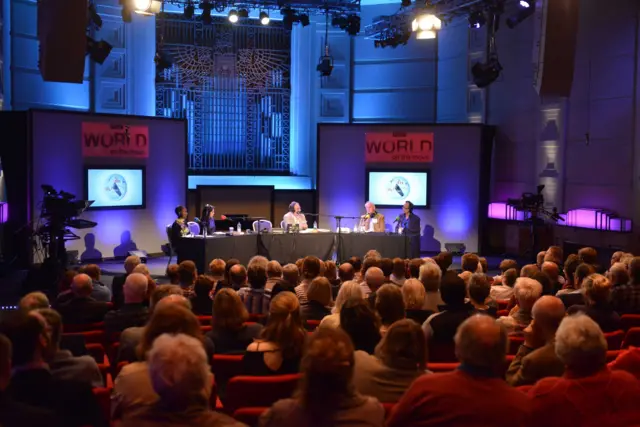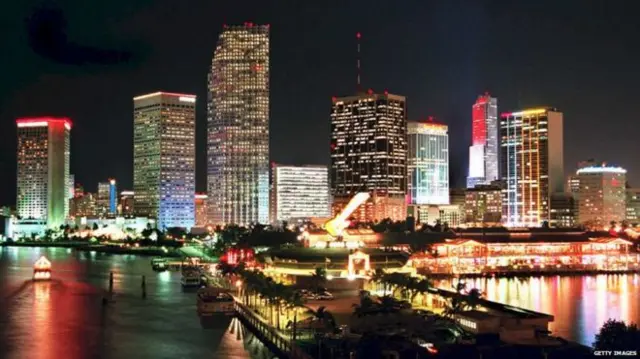Jolie: 'Africa has more people displaced than before'published at 12:21 (11:21 GMT)
"In the past six years, 15 conflicts have erupted or re-ignited.
The average time a person will be displaced is now nearly 20 years.
The number of refugees returning to their homes is the lowest it has been in three decades.
Africa has more people displaced than ever before."

